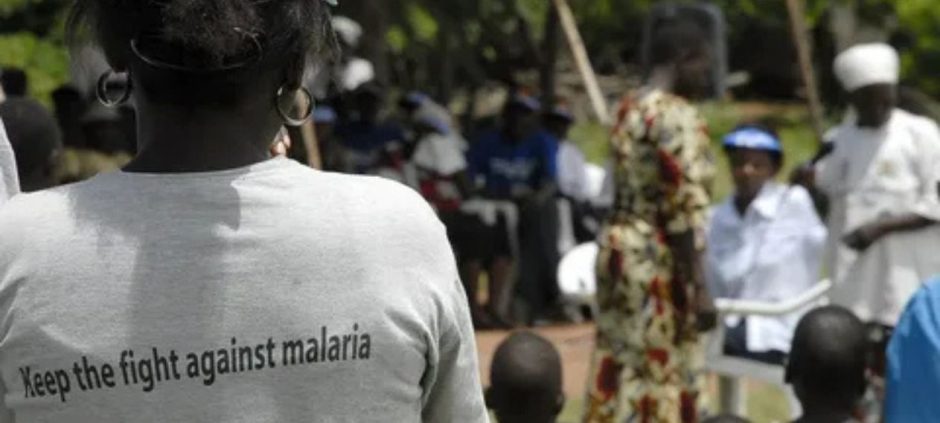A nine-month-old baby, Mohamad, died in northern Cameroon after a severe bout of malaria, a preventable and treatable disease that still kills thousands across Africa each year. His death underscores the devastating consequences of recent U.S. aid cuts to malaria programs that have long provided life-saving treatments, mosquito nets, and prevention support in high-risk regions.
U.S. Aid Cuts Impact On Global Malaria Fight
Experts warn that reduced funding from the United States Agency for International Development (USAID) is putting millions at risk, especially in countries where malaria remains endemic. The U.S. aid cuts have already forced local clinics to scale back operations, limit supplies, and reduce outreach efforts that once helped communities prevent infections.
Health workers in Cameroon say they are struggling to maintain the same level of protection. “Before, we received regular supplies of mosquito nets and medicines,” said a nurse in Maroua. “Now, we must choose who gets treatment first, something we never had to do before.”
Key details:
- Malaria remains one of Africa’s deadliest diseases, killing more than 600,000 people annually.
- U.S. aid cuts to global health programs could reduce malaria prevention coverage by 40% in sub-Saharan Africa.
- Cameroon’s northern regions report a 25% surge in malaria cases since funding reductions began.
- Clinics dependent on U.S. programs like the President’s Malaria Initiative (PMI) face critical shortages of rapid tests and antimalarial drugs.
- Health workers fear new outbreaks may undo years of progress toward malaria elimination.
The crisis is not limited to Africa. Even the United States recently reported its first malaria case discovered in decades, raising concerns that reduced funding could weaken global surveillance and prevention networks.
Public health officials emphasize that continued investment in malaria programs is vital. The U.S. aid cuts not only threaten to reverse global health gains but also increase the risk of the disease returning to regions once considered malaria-free.
For families like Mohamad’s, every dollar cut translates to lives lost, a reminder that global health depends on shared responsibility and sustained support.










